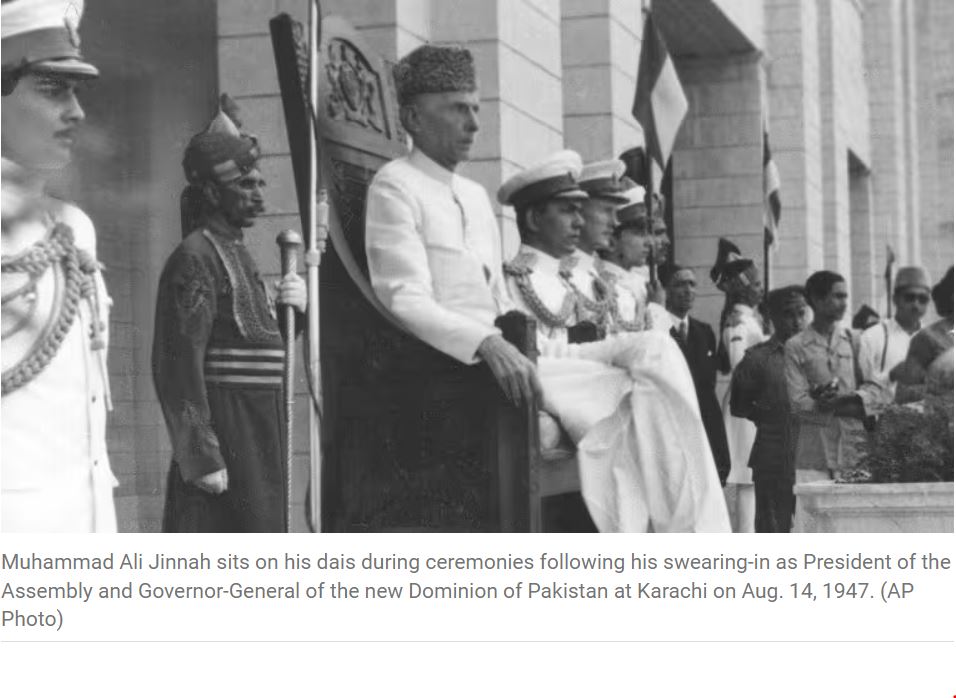“Why Muhammad Ali Jinnah Opposed the Use of ‘India’ for the Independent Nation”
Muhammad Ali Jinnah, the founding figure behind Pakistan, expressed his disapproval of using the name ‘India’ for the independent nation, considering it “misleading and intended to create confusion.” His opposition stemmed from the belief that it implied India was the direct successor to British colonial rule, while Pakistan was seen as a seceding state.
This debate resurfaced recently when an official invitation to a G20 dinner referred to “The President of Bharat” instead of the usual “President of India,” sparking a heated discussion on the country’s name.

Some critics argue that the opposition to the term ‘India’ is a construct originating from Pakistan. However, Jinnah’s vision for the new Muslim nation was always ‘Pakistan,’ which translates to the “land of the pure.” Despite the new country being carved out of India, he was adamant about dissociating its name from ‘India.’
Historian John Keay noted, “No tussle over the word ‘India’ is reported because Jinnah preferred the newly coined and very Islamic-sounding acronym that is ‘Pakistan.'”
The term ‘Pakistan’ was coined by Choudhary Rehmat Ali in 1933 as an acronym for the five northern provinces of India: Punjab (P), North-West Frontier Province or Afghan Province (A), Kashmir (K), Sindh (S), and Balochistan (‘tan’). As the movement for a separate Islamic state gained momentum in the 1940s, ‘Pakistan’ became the prominent name for the new Islamic-majority state.
However, Jinnah did not want independent India to bear the name ‘India.’ He believed that neither India nor Pakistan would want to retain the British title of ‘India.’ However, he discovered his mistake only after Lord Mountbatten, the last British viceroy, had already agreed to Jawaharlal Nehru’s request to keep his state named ‘India.’ Jinnah was reportedly furious upon learning of this decision.
Jinnah’s concerns about India extended to both the new nation and its name. In a letter to India’s first Governor General, Lord Mountbatten, he expressed his dissatisfaction with the name ‘India,’ alleging that it was misleading and intended to sow confusion. This perspective reveals Jinnah’s persistent insecurity regarding India, its new identity, and its name.


